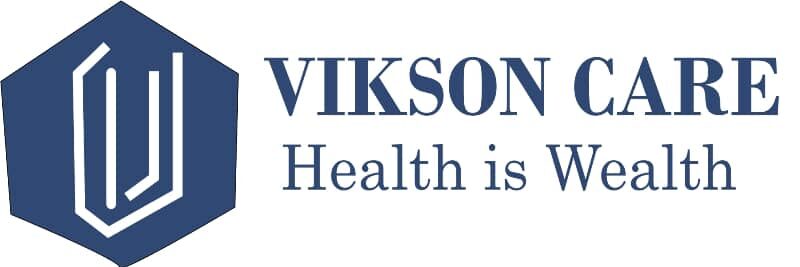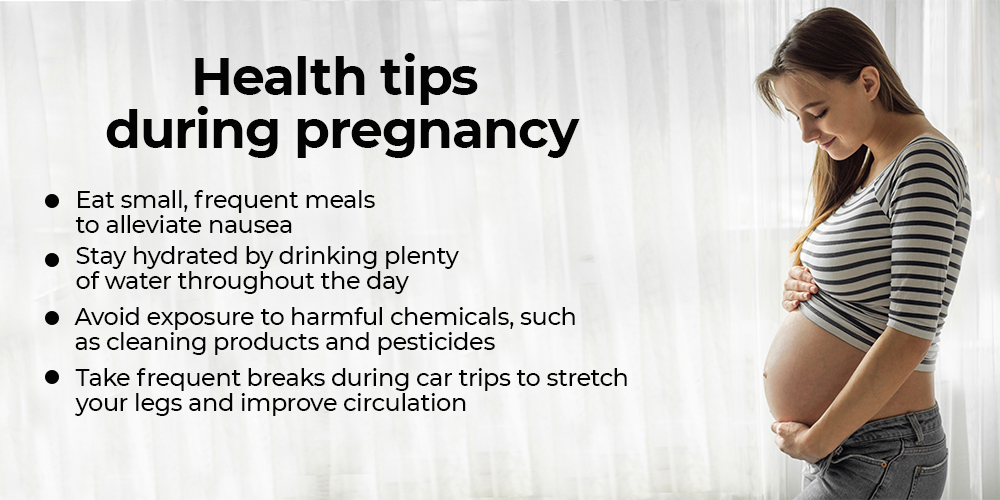Introduction:
Maintaining a vegetarian diet during pregnancy can be a fulfilling and health-conscious choice for both mother and baby. This guide explores the gradation of a vegetarian pregnancy diet, exploring essential nutrients and meal planning strategies, debunking myths, and addressing common concerns. Whether you’re a seasoned vegetarian or exploring this lifestyle during pregnancy, this comprehensive resource will equip you with the knowledge and tools to nourish yourself and your growing baby.
Understanding the Vegetarian Pregnancy Diet
A vegetarian diet excludes meat, poultry, and seafood, but there are various forms, including lacto-vegetarian (includes dairy), ovo-vegetarian (contains eggs), and vegan (excludes all animal products). Many expectant mothers maintain a vegetarian lifestyle during pregnancy for reasons ranging from ethical beliefs to health considerations. While a well-planned vegetarian diet for pregnancy can provide ample nutrition, it’s essential to meet specific nutritional needs during pregnancy.
Essential Nutrients for Vegetarian Pregnancies
- Protein: Crucial for fetal development and maternal health, pregnant vegetarians can obtain protein from beans, lentils, tofu, tempeh, quinoa, nuts, and seeds. Aim for various protein-rich foods throughout the day to ensure adequate intake.
- Iron: Iron prevents anaemia and supports the baby’s growth. Vegetarian sources of iron include leafy greens (spinach, kale), legumes (lentils, chickpeas), fortified cereals, and dried fruits (apricots, raisins). Pairing iron-rich foods with vitamin C-rich foods can enhance absorption.
- Calcium: Essential for bone health and muscle function, calcium can be obtained from dairy products, fortified plant-based milk, tofu, almonds, and leafy greens like kale and collard greens.
- Folate: Important for preventing neural tube defects, folate is abundant in leafy greens, lentils, beans, citrus fruits, and fortified grains. Pregnant women may require a folic acid supplement, especially during the first trimester.
- Omega-3 Fatty Acids: Support brain and eye development in the baby. Vegetarian sources include flaxseeds, chia seeds, walnuts, and algae-based supplements.
- Vitamin B12: Vital for nerve function and red blood cell production, vitamin B12 is primarily found in animal products. Vegetarian sources include fortified foods (nutritional yeast, fortified cereals, plant-based milk), eggs (for lacto-ovo vegetarians), and supplements.
Planning a Balanced Vegetarian Pregnancy Diet
To ensure optimal nutrition during pregnancy, consider the following tips for meal planning:
- Include a variety of fruits, vegetables, whole grains, protein-rich foods, and healthy fats in your diet.
- Incorporate different colours of fruits and vegetables to maximize nutrient intake.
- Aim for at least five servings of fruits and vegetables per day.
- Choose whole grains such as brown rice, quinoa, oats, and whole wheat bread for fibre and essential nutrients.
- Include sources of healthy fats, such as avocados, nuts, seeds, and olive oil.
- Stay hydrated by drinking plenty of water throughout the day.
- Limit processed foods, sugary beverages, and excessive caffeine intake.
Here’s a sample meal plan for a vegetarian pregnancy:
Breakfast:
- Oatmeal topped with sliced strawberries and almonds.
- Whole grain toast with avocado and tomato.
- The glass of fortified orange juice.
Lunch:
- Lentil soup with whole grain crackers.
- Spinach salad with chickpeas, cherry tomatoes, and balsamic vinaigrette.
- Apple slices with almond butter for dessert.
Dinner:
- Grilled tofu with quinoa and steamed broccoli.
- Baked sweet potato with black beans, salsa, and guacamole.
- Mixed berries for dessert.
Vegetarian Pregnancy Myths and Facts
- Myth: Pregnant vegetarians struggle to get enough protein.
- Fact: With proper planning, vegetarian diets during pregnancy can provide ample protein through beans, lentils, tofu, and nuts.
- Myth: Vegetarian diets lack essential nutrients like iron and calcium.
- Fact: Iron and calcium can be obtained from various plant-based foods, including leafy greens, fortified cereals, and plant-based milk.
- Myth: Vegan pregnancies are inherently risky.
- Fact: With careful planning and supplementation, vegan pregnancies can be just as healthy and safe as omnivorous pregnancies.
Special Considerations for Vegan Pregnancies
While a vegan diet can provide many health benefits, pregnant vegans should pay extra attention to specific nutrients:
- Iron: Choose iron-rich plant foods and consider an iron supplement if needed.
- Calcium: Ensure adequate intake through fortified foods and supplements.
- Omega-3 Fatty Acids: Consider algae-based supplements for DHA and EPA.
Addressing Concerns and Challenges
It’s natural for pregnant women to have concerns and challenges regarding their diet. Here are some common issues and how to address them:
- Cravings: Listen to your body’s cravings, but aim to satisfy them with healthy, nutrient-dense foods.
- Aversions: If certain foods are off-putting, try to find alternatives that provide similar nutrients.
- Social Situations: Communicate your dietary preferences to friends and family, and consider bringing your dishes to gatherings.
Consulting with a Healthcare Professional
Before making significant meal plan changes during pregnancy, consulting with a healthcare provider or registered dietitian is essential. They can provide personalized guidance based on your needs and ensure that you and your baby receive adequate nutrition throughout pregnancy.
Conclusion:
Crossing the vegetarian pregnancy diet can be a rewarding experience with the proper knowledge and planning. By focusing on nutrient-rich foods meal variety, and consulting with healthcare professionals as needed, expectant mothers can ensure a healthy and fulfilling journey for themselves and their babies.
For more vegetarian pregnancy nutrition and support resources, visit our website and subscribe to our newsletter for updates and tips tailored to your journey. Don’t hesitate to reach out with any questions or concerns – we’re here to support you every step of the way.
FAQ’S
The best choline supplement for pregnancy should ideally be one that provides adequate choline to support fetal brain development. Look for supplements containing forms like choline bitartrate or citicoline, with a dosage range of 450-550 mg per day, as recommended for pregnant women. Always consult with a healthcare professional before starting any supplement regimen during pregnancy.
During pregnancy, vegetarian foods high in iron include lentils, tofu, spinach, quinoa, fortified cereals, beans, pumpkin seeds, and dried apricots. Consuming these regularly can help maintain adequate iron levels for both mother and baby’s health.
It’s crucial to consult a healthcare provider before taking any workout supplements during pregnancy. Many supplements contain ingredients that may not be safe for fetal development. Always prioritize the health and safety of both you and your baby.


